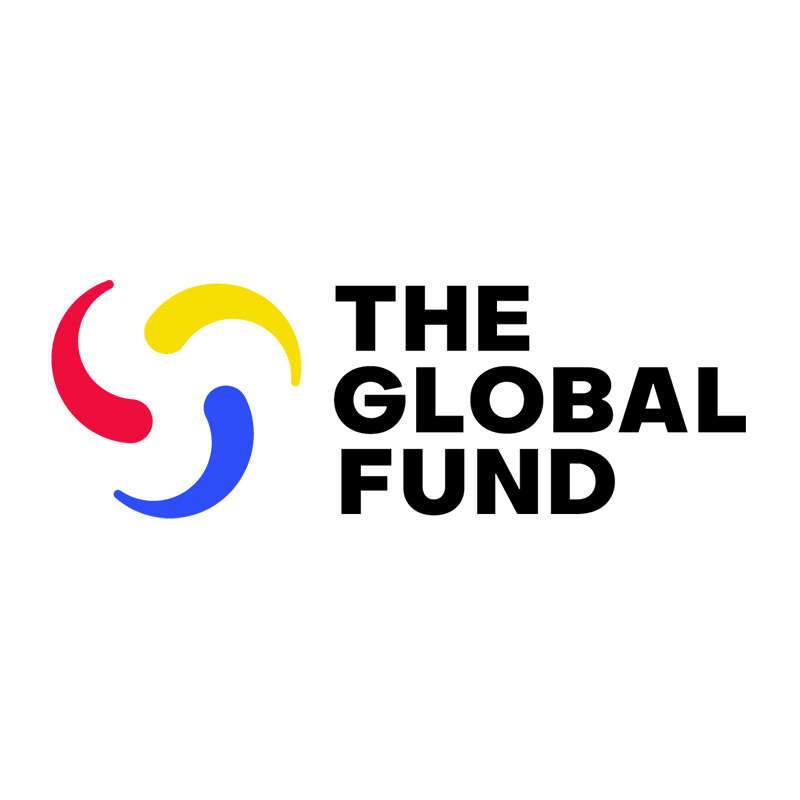
[ad_1]
The Global Fund Commits Nearly US$1 Million in Emergency Funding to Help Avoid Malaria Surge in Mozambique
16 May 2023
download in Português
GENEVA/MAPUTO – The Global Fund to Fight AIDS, Tuberculosis and Malaria has committed nearly US$1 million in emergency funding to Mozambique to mitigate the impact of the floods and Cyclone Freddy on malaria programs in the southern provinces of the country.
The devastation caused by the cyclone has increased the risk of malaria transmission, particularly for displaced populations, due to the increase in stagnant water bodies that become mosquito breeding sites, the washing away of insecticide in recently sprayed houses, and the loss of mosquito nets.
“More than 22,000 people died from malaria in Mozambique in 2021,” said Peter Sands, Executive Director of the Global Fund. “Based on similar events, we know that the flooding brought by the cyclone has resulted in surging malaria infections. Once again, we see how climate change affects people – particularly those who are already vulnerable. It sparks extreme weather events, such as cyclones, which in turn fuel deadly diseases, such as malaria.”
Cyclone Freddy has displaced over 184,000 people, who have sought shelter in accommodation centers across the affected districts. It has destroyed over 132,000 homes, leaving more than 640,000 people homeless, damaged over 1,017 schools and over 5,000 kilometers of roads.
“These additional funds will help prevent onward transmission of malaria by curbing its potential importation into areas not as severely affected,” said Mark Edington, the Global Fund’s Head of Grant Management. “Protecting potential outbreaks is critical, and ensuring the gains made in southern Mozambique to date are maintained is essential to the country’s malaria elimination agenda.”
The funds will top up the MOSASWA regional grant, a trilateral agreement between the governments of Mozambique, South Africa and Eswatini, which aims to work collaboratively across borders to accelerate malaria elimination in the Southeast African region.
As part of the emergency response, the Lubombo Spatial Development Initiative (LSDI) will implement a larvicide spray campaign, close to displacement centers, in areas with standing water that remains even after the flood waters recede. The GPS location of all water bodies treated with larvicide will be recorded and mobile applications will be used, providing near real-time dashboards and all relevant information.
LSDI will also apply indoor residual spraying in over 10,000 houses – including all flooded houses that received spraying last year, as well as additional houses that did not receive spraying during the previous campaign and flooded during the cyclone.
“In the immediate aftermath of Cyclone Freddy, our implementing partner, LSDI, provided support by transporting flood relief equipment, food and mosquito nets to the various flood displacement centers,” said Dr. Maxim Berdnikov, the Global Fund’s Senior Fund Portfolio Manager for Mozambique. “They also sprayed all displacement centers to prevent malaria infections. Now we need to beef up their capacity to avoid a surge in malaria.”
Mozambique bears among the highest HIV, TB and malaria burdens in the world, and its human resources for health face significant barriers. Within this challenging operating environment, and due in large part to the efforts of advocates and community health workers, the country has achieved solid gains against the three diseases. The Global Fund’s investment in Mozambique – four core grants of up to a combined total of US$744 million signed for 2021-2023 – supports the country’s work to consolidate this progress and continue to reduce infections and deaths from the three diseases.
[ad_2]






